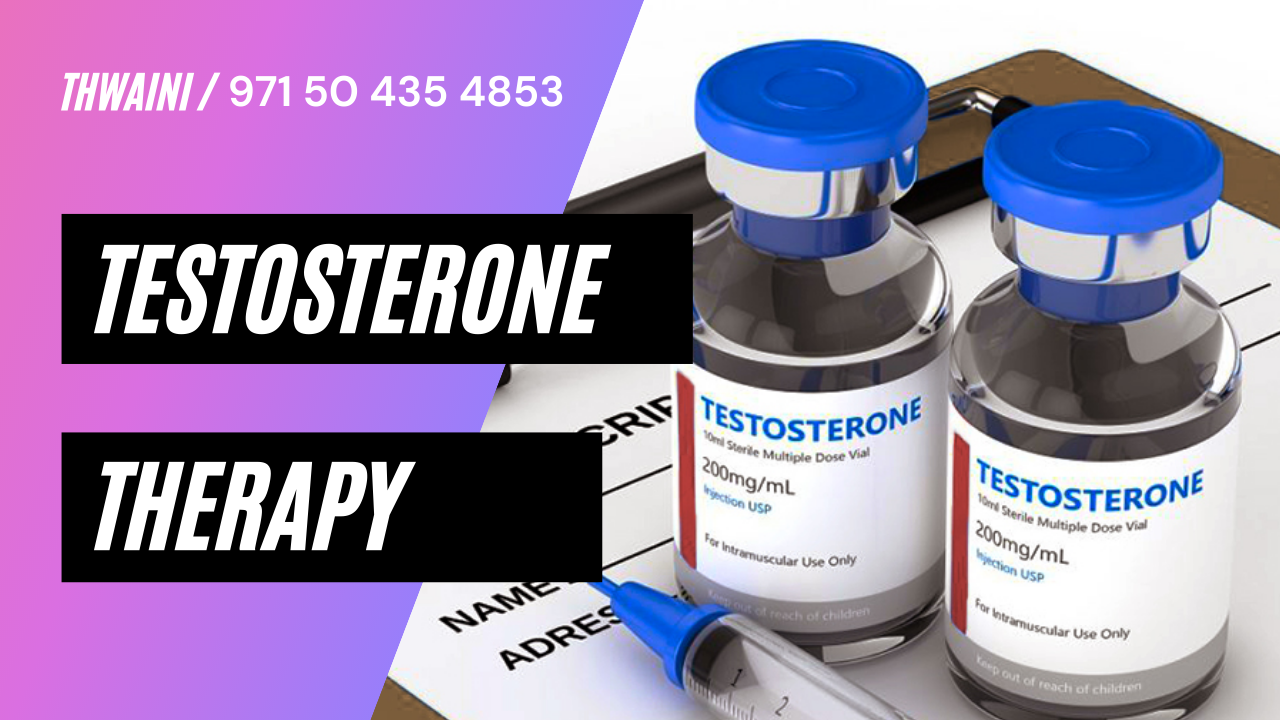Testosterone, a steroid hormone, helps maintain muscle, bone, and libido. Men in their 4th decade (mid-30s), begin to have less testosterone in their bodies, at an average of just under 2% per year. If that drop continues, it could lead to hypogonadism or low testosterone. This happens to 20% of men in their 60s.
Also, Metabolic syndrome; an increasingly common condition, and testosterone deficiency in men, are closely Linked. Studies have shown that Low Testosterone Levels are associated with obesity, insulin resistance, and an adverse Lipid profile in men.
Metabolic syndrome and Low testosterone are associated with increased all-cause and cardiovascular events.
Replacement of testosterone to its physiological levels produces improvement in insulin resistance, obesity, lipid derangement, and eventually sexual dysfunction along with the improved quality of Life. However, there is little evidence on the effect of testosterone replacement on mortality in men with Low Testosterone Levels.
Testosterone Replacement Therapy (TRT) aims to boost those low levels in men with T deficiency. But TRT has had its advantages and disadvantages.
Testosterone and hypertension:
Derangements in lipid metabolism play a pivotal role in the formation of atherosclerotic plaque. High total cholesterol and LDL-C are proatherogenic whereas high HDL seems to be protective against atherosclerosis. The same pathogenic process is also implicated in the development of metabolic syndrome and type 2 diabetes although elevated total cholesterol and LDL-C are not part of the definition of metabolic syndrome. Declining levels of testosterone with age is associated with a relative increase in oestrogen levels through the increased aromatase activity. The increased oestrogen levels are associated with increased circulating cholesterol and more atherogenic lipoprotein particles.
A number of studies have shown a negative correlation between testosterone levels and total cholesterol and LDL-C. A meta-analysis of 19 clinical trials in hypogonadal men reports that significant reductions in total cholesterol and LDL-C is associated with intramuscular TRT.
Studies have shown that low testosterone levels are associated with known hypertension. Conversely, men with anabolic steroid abuse are known to have an increased risk of developing hypertension.
Testosterone and Atherosclerosis:
Low testosterone level is associated with the presence of atherosclerosis. A 4-year follow-up study demonstrated that low testosterone led to increased deterioration of the atherosclerosis. This provides evidence to support the hypothesis that testosterone deficiency promotes the pathogenesis of atherosclerosis.
Testosterone Replacement Therapy (TRT) – FAQ
Are there other than low testosterone that explains sexual dysfunction?
Yes. Low libido and erectile dysfunction, for example, have many contributing factors to rule out, including heart disease and psychological issues.
When would I know my Testosterone Replacement Therapy is helping?
Your doctor should confirm within 6 months or so whether TRT has improved your symptoms. If it hasn’t, discuss ending treatment.
Will TRT affect my ability to father children?
Yes. TRT decreases sperm production potentially affecting Men’s fertility. Upon stopping TRT, fertility will likely return. In a small number of men, infertility is permanent.
Are there other “natural” measures to elevate my testosterone?
Reducing weight ( in overweight men) and resistance exercises may help boost your levels without medication.

